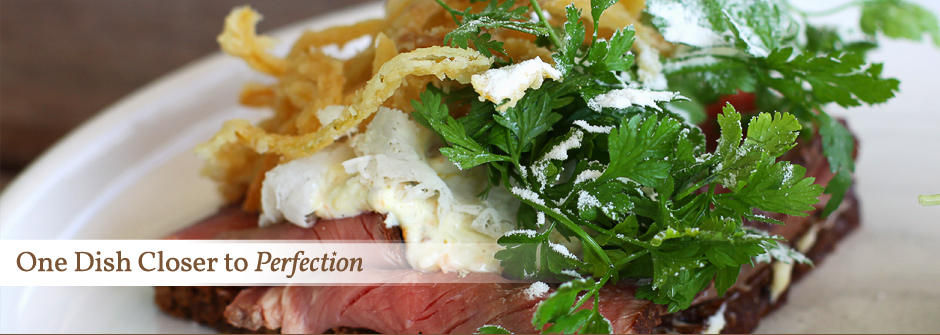Sugar consumption, a tale of seduction
 Monday, March 10, 2014 at 2:58PM
Monday, March 10, 2014 at 2:58PM  This post is based on a presentation I gave at the end of my first term on the MA Anthropology of Food course. In groups of two or three we had to pick a foodstuff and talk about aspects of its history or ‘journey’ that interested us. I chose sugar because I was keen to read more of Sidney Mintz’s monograph, Sweetness and Power, which we had looked at earlier that term in relation to the industrialisation of agriculture. My part of the presentation focused on consumption.
This post is based on a presentation I gave at the end of my first term on the MA Anthropology of Food course. In groups of two or three we had to pick a foodstuff and talk about aspects of its history or ‘journey’ that interested us. I chose sugar because I was keen to read more of Sidney Mintz’s monograph, Sweetness and Power, which we had looked at earlier that term in relation to the industrialisation of agriculture. My part of the presentation focused on consumption.
Today we think of sugar as a basic foodstuff, but it has not always been that way. Sugar was first recorded in England in AD735, but more frequent mentions of its use do not appear until the 12th century, when it was used exclusively by royalty. Sugar did not begin to filter down the social spectrum until the 17th century, when tea and coffee were introduced to the UK, and it did not become widely used by the lower classes until the industrial revolution.

Use and function
 Vix |
Vix |  7 Comments |
7 Comments |  consumption,
consumption,  foodstuff,
foodstuff,  function,
function,  history,
history,  use in
use in  Food history
Food history 



